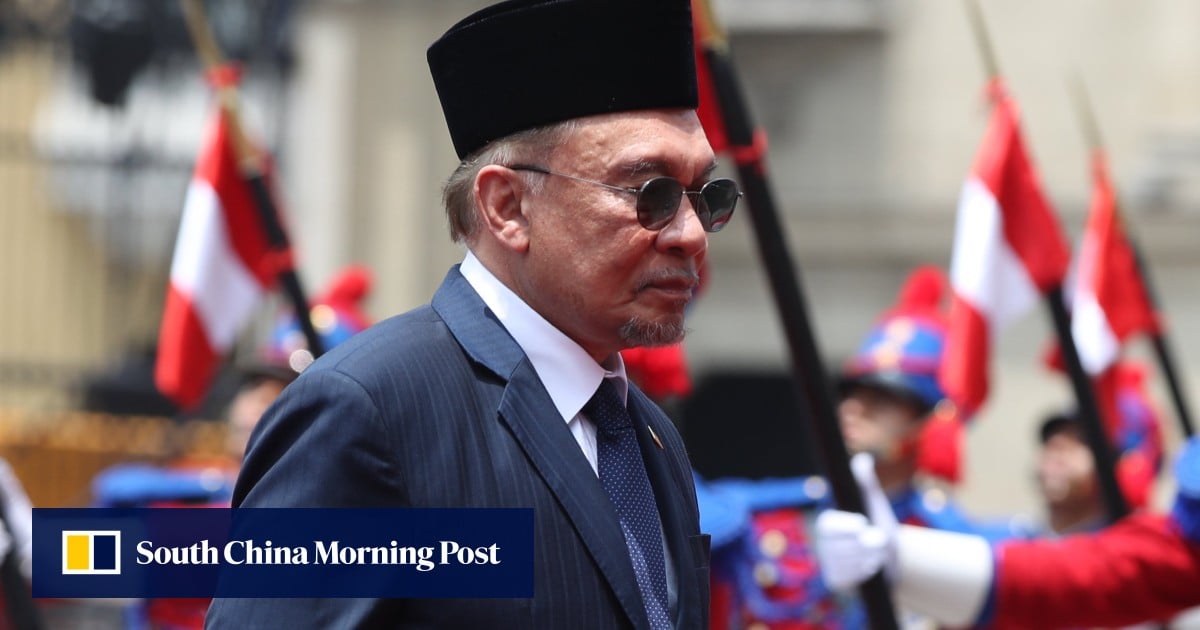


As Malaysia enters 2025, Prime Minister Anwar Ibrahim is predicted to face significant challenges, according to BMI, a Fitch Solutions company. Anwar's approval rating has seen a modest increase, rising to 54% in November 2024 from 50% in November 2023. However, concerns loom over the cost of living and potential cuts to the RON95 petrol subsidy, expected by mid-2025, which could lead to public dissatisfaction [7ce0ad09].
The proposed budget for 2025, unveiled on October 18, 2024, aims to reduce the fiscal deficit to 3.8% of GDP, but the effectiveness of these measures remains to be seen amid rising economic pressures [7ce0ad09]. Additionally, a bill passed in December 2024 has increased government control over the internet, allowing for fines up to MYR1.0 million (USD220,000) and extending prison terms for violations, raising concerns about civil liberties [7ce0ad09].
Anwar's anti-corruption efforts have also faced limitations, highlighted by the Malaysian Anti-Corruption Commission (MACC) seizing properties linked to opposition leaders. Notably, Deputy Prime Minister Ahmad Zahid Hamidi was acquitted of 40 charges in December 2024, which may further complicate the political landscape and hinder Anwar's reform agenda [7ce0ad09].
The friction within the coalition government poses additional challenges for Anwar as he seeks to implement his policies. As Malaysia prepares to chair ASEAN in January 2025, Anwar will need to navigate territorial disputes and balance relations with major powers like the US and China, all while addressing domestic issues [7ce0ad09].
This backdrop of political and economic challenges comes on the heels of the Royal Commission of Inquiry (RCI) recommendation for a criminal investigation into former Prime Minister Mahathir Mohamad's handling of the Pedra Branca island dispute, which has intensified political tensions in the country [32a2e1ca]. Mahathir has accused the current government of political vendetta, claiming the investigation is a targeted attack due to his opposition to Anwar [32a2e1ca]. With Anwar's leadership under scrutiny, the coming year will be pivotal for his administration as he strives to maintain stability and address the pressing concerns of the Malaysian populace [61f8e264].